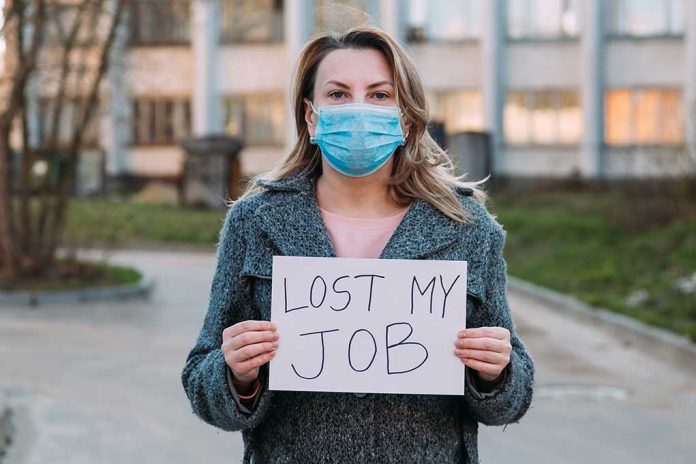
(AscendHealthy.com) – Job loss can be devastating to your emotional well-being, your mental health, your relationships, and your finances. This can lead to difficult living situations and a momentous amount of stress. For so many American workers who are unemployed, losing work also means losing health insurance. When so many Americans live paycheck-to-paycheck, it’s hard to envision most people living without income for long, especially when even the first unemployment check can be delayed.
Fortunately, there are several unemployment benefits available to help those who have lost jobs, so long as the recipient is not terminated for cause. Here’s where to start.
Unemployment Insurance (or “Going on Unemployment”)
Managed by your state, payroll taxes unemployment insurance. When you are employed, a portion of your overall pay is held as a tax towards unemployment insurance. Then, if and when you need it, that money is there to support you while you’re searching for your next job.
Uemployment insurance is usually limited to workers who have been laid off due to reasons such as lack of work, downsizing, etc. This type of assistance may last for an amount of weeks and is often delayed.
Continuation of Health Coverage (“COBRA”)
COBRA isn’t the most practical solution for everyone, but it is vital for many. This program permits those who have lost their job to extend their benefits. You can get COBRA whether your separation was involuntary or voluntary, or if your hours have been reduced and you lose insurance coverage.
The coverage you receive will be exactly the same as what you had before being let go. This can last up to 18 months following your job loss. It is often extremely expensive, and if you don’t pay your premiums or otherwise commit fraud, you can lose coverage.
Temporary Assistance for Needy Families (“TANF”)
If you have children, Temporary Assistance for Needy Families can help you survive until you get your next job. The main purpose of TANF is to protect children. It can help you with childcare costs and food costs as you spend time looking for a job, interviewing, and taking classes to upskill.
TANF comes from the state level, so you’ll need to check with your state to determine the specific requirements and benefits for the program.
Unemployment Training and Education Programs
Due to automation, relocation of industry, and more, it’s not always possible to get a job in the same field. As the world changes, sometimes workers get left behind. Due to this, there are job retraining programs to assist unemployed people hoping to get training to find a better job in a new field. Check out:
- Workforce Innovation Opportunity Act: This established programs for vulnerable populations like Indigenous people, youth, and former prisoners. Most of these programs operate at the state or local level.
- Trade Adjustment Assistance for Workers: Has your job been offshore? This program can help you retrain and relocate.
- Dislocated Worker Program: If you’ve been laid off or are about to be, you are a dislocated worker. Rapid Response provides career counseling, benefits application assistance, and resume prep services.
- The American Job Center also offers multiple services, especially when it comes to finding training options.
When you end up unemployed, it’s an emotional drain and a mental health struggle. This is on top of potentially losing health insurance and facing extreme financial hardship. However, there are many options to get help when it comes to finding immediate assistance, keeping your family fed and housed, and training for your next great opportunity.
Job loss is particularly difficult in a tough economy, but fast action following the job loss event can help you propel yourself ot success and that next job opportunity.
Copyright 2023, AscendHealthy.com




















